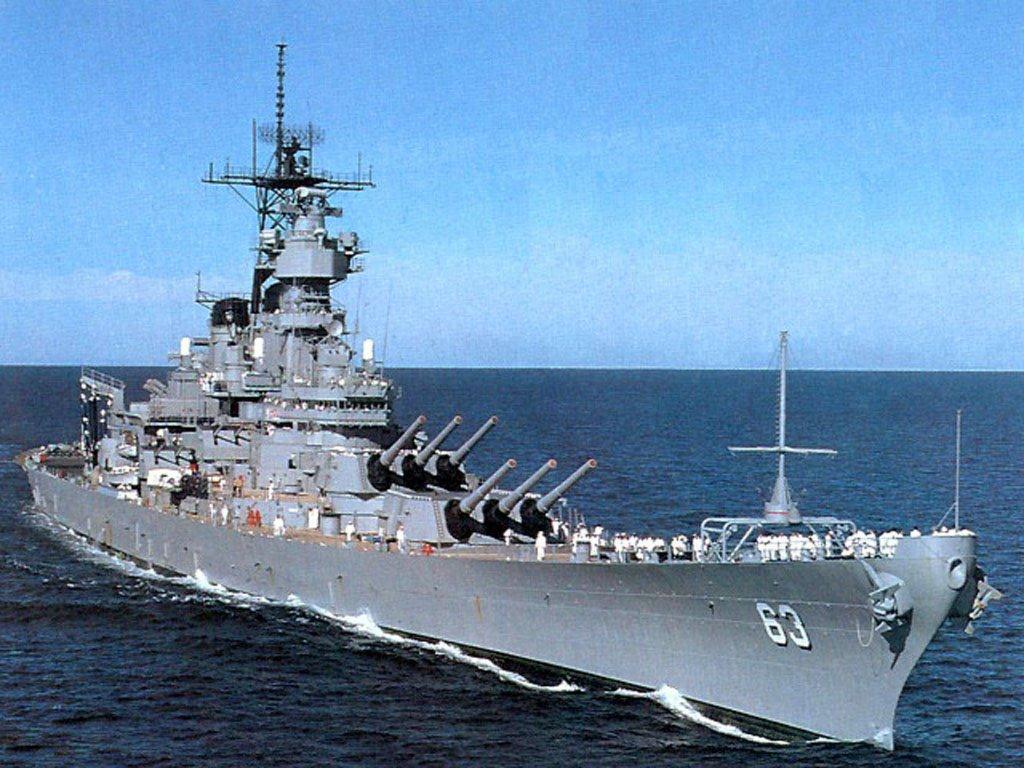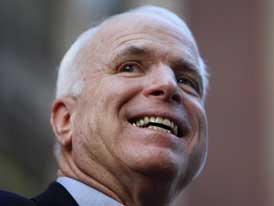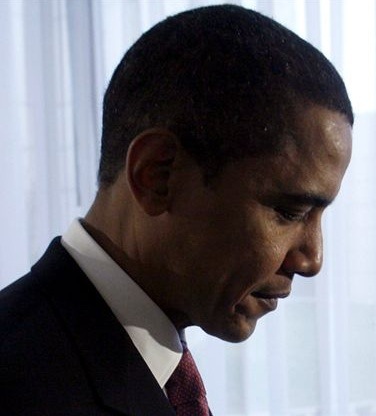
When incoming – but not yet seated – national security advisor Michael Flynn opened separate negotiations with the Russians in late 2016, he was not the first American to interfere in American diplomacy. That dubious distinction falls to none other than Thomas Jefferson, who nearly landed America in a war with his interference. As vice president, he had no more of a role in government than vice presidents do today.
In the late 1790s, France was once again at war with England. President George Washington and later President John Adams sought to maintain neutrality between these two great European powers, if for no other reason, to avoid having one of them turn their guns on the young American country. With the passage of the Jay Treaty, America resolved a number of conflicts with England, to the great displeasure of the French Directorate. In retaliation, France started harassing American shipping, confiscating ships and detaining sailors. In the Spring of 1797, President Adams sent John Marshall, Charles Cotesworth Pinckney, and Elbridge Gerry to resolve the conflict.
Before they could leave, however, the French envoy Joseph Létombe met with then Vice President Thomas Jefferson. Jefferson served in that capacity because he was the runner-up to Adams in the presidential election. His views were diametrically opposed to those of Adams, who he viewed as sympathetic to England, whereas Jefferson himself as the former ambassador to France was partial to France. In his conversations with Létombe, Jefferson suggested that by dragging their feet in the negotiations, the French government would find more amenable negotiating partners in his own anti-federalist party.

Newly appointed French Foreign Minister Charles Maurice de Talleyrand took this advice to heart, refusing to officially receive any of them until they had paid a bribe and backed loans to the French to support their war against England. This became known as The XYZ Affair, so named for the code names of the three individuals who the corrupt Talleyrand sent to effect the extortion. Marshall’s report of the attempts at bribery inflamed Americans, and Telleyrand and the French were forced to end the attacks and seizures.
Around this time, one Doctor George Logan sailed as a private citizen to Paris and, while making clear that he did not represent the United States, attempted to negotiate directly with the French. The sly foreign minister saw this as an opportunity to get back at President Adams, and timed the resolution of the dispute between the two countries with Logan’s departure.
Jefferson’s earlier meddling and Logan’s naive approaches led Congress to enact what became known as the Logan Act of 1799, which says that no private citizen may engage in direct negotiations with agents of other governments in controversies between them and the United States. Two people have been prosecuted under this act, and nobody has been convicted. Arguably the act itself is unconstitutional because it would impinge on one’s right to free speech. Nevertheless, the interference was unwise, because it could have landed an unprepared America in a war with both England and France.
Vladimir Putin is every bit as sly and corrupt as Talleyrand was. It was foolish for Flynn to engage Putin’s emissaries to subvert the policy of the United States, and it was greedy and foolish of the Trump campaign to allow Putin to interfere with American democratic processes. Our Democracy is more important than any campaign. With President Trump arguing that Americans should not mail in ballots for fear of voter fraud, the larger offense is seeking foreign assistance to win an election. It has come at a steep cost. Americans drubbed out those in Congress who supported France. We should do the same with Republicans today.
 How the United States deals with the world around us has been the principal province of the president, for as long as there has been a U.S. It is an area in which most presidents learn it on the job, as was the case for Presidents Reagan & Clinton. In other circumstances, presidents bring a strong policy background to the job, such as was the case with President George H. W. Bush. (His son, President Bush, doesn’t seem to have learned anything, not really having understood anything prior to having taken office.)
How the United States deals with the world around us has been the principal province of the president, for as long as there has been a U.S. It is an area in which most presidents learn it on the job, as was the case for Presidents Reagan & Clinton. In other circumstances, presidents bring a strong policy background to the job, such as was the case with President George H. W. Bush. (His son, President Bush, doesn’t seem to have learned anything, not really having understood anything prior to having taken office.) While I find John McCain’s views on Iraq far from my own, his views on Russia seem to be more aligned than those of Barack Obama, and there can be no doubt as to who has more experience. Obama has nowhere near the amount of experience of his opponent, but he did get Iraq right, and he probably has a good handle on Africa. Still I do not agree with his willingness to meet with just any ole dictator.
While I find John McCain’s views on Iraq far from my own, his views on Russia seem to be more aligned than those of Barack Obama, and there can be no doubt as to who has more experience. Obama has nowhere near the amount of experience of his opponent, but he did get Iraq right, and he probably has a good handle on Africa. Still I do not agree with his willingness to meet with just any ole dictator.